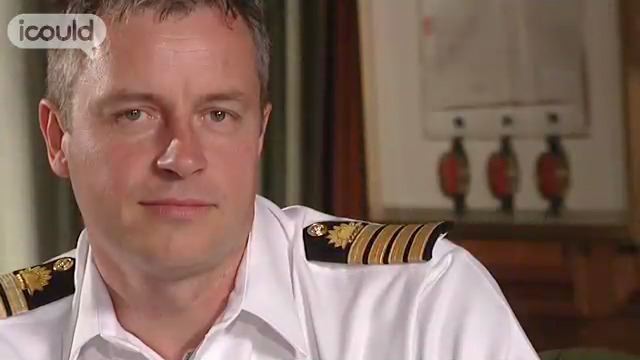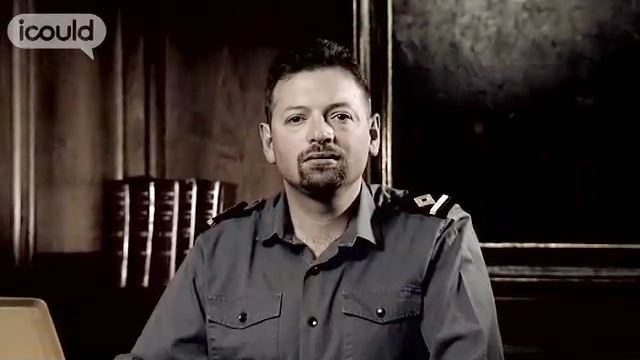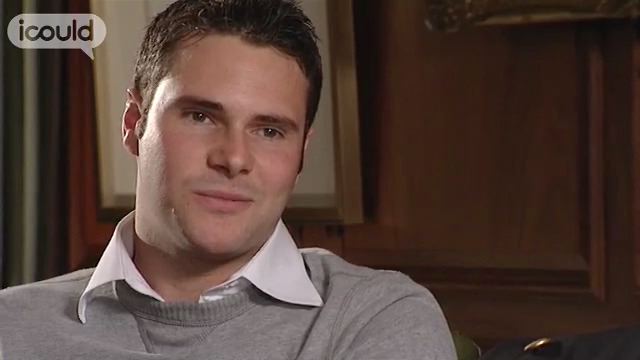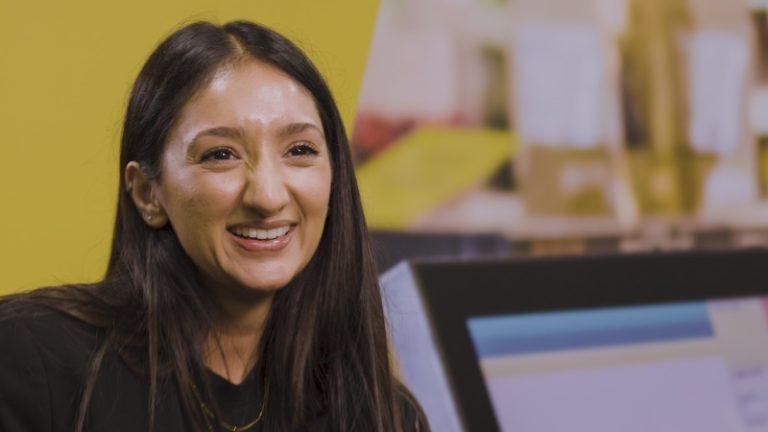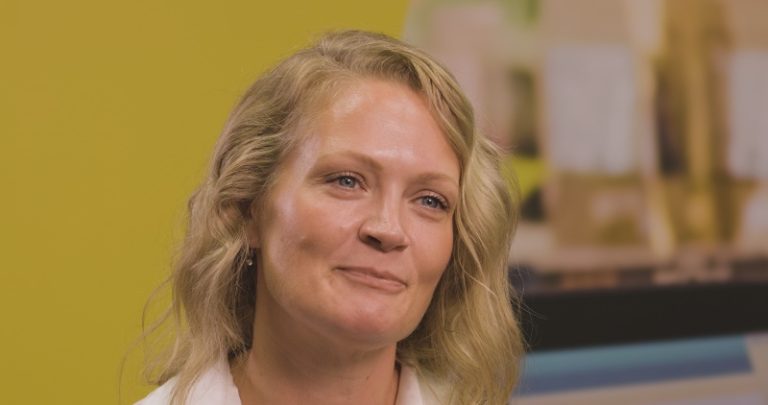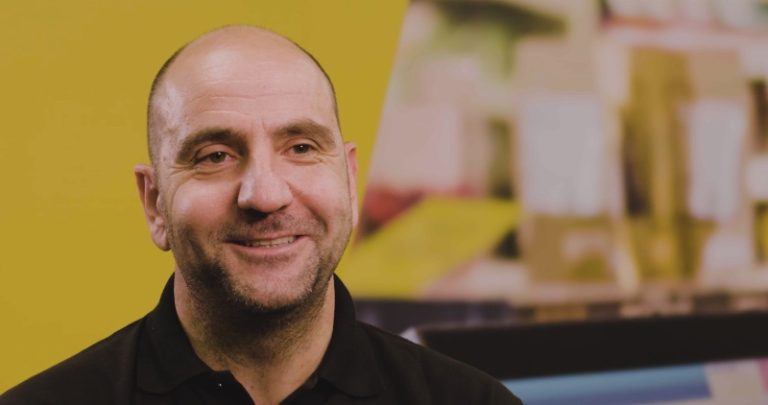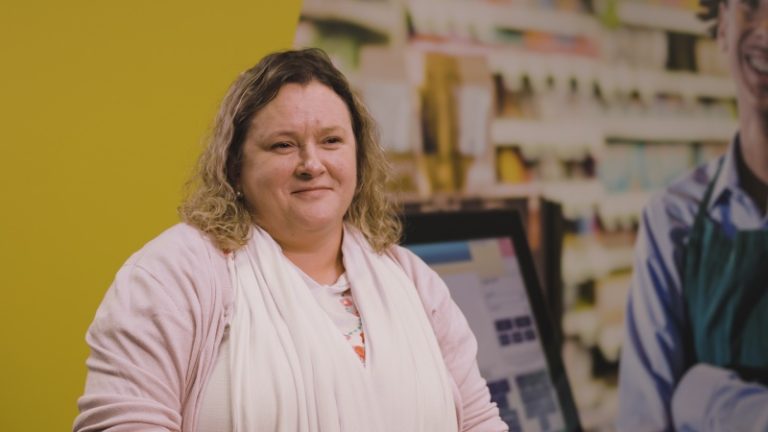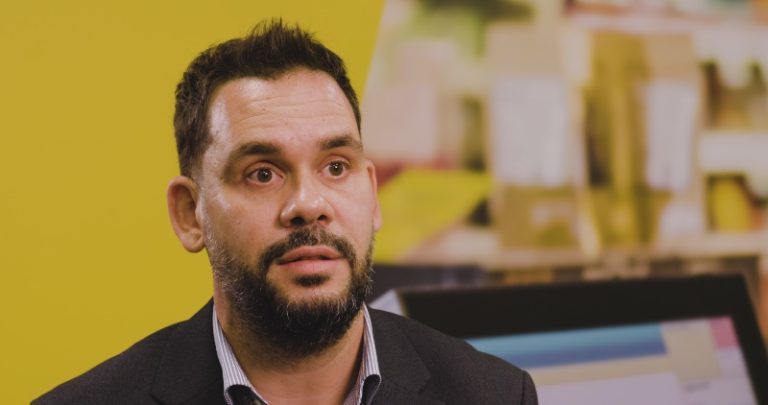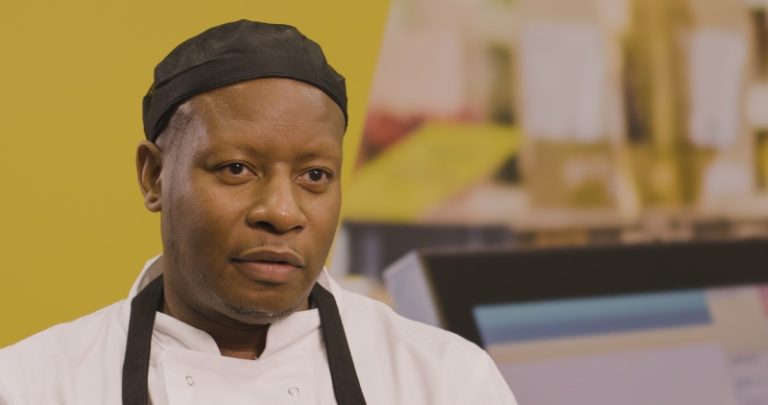Second Officer
P & O Cruises
Andrew W
00:00:03 My name’s Andrew, and I’m the Second Officer on board Aurora, the cruise ship for P&O Cruises. A Second Officer is the senior officer of the watch on board the ship, and actually what I do is I navigate the ship for a period of eight hours a day. So I’m almost sort of the right hand man to the Captain. Well when he’s not on the bridge he actually hands over to myself, and I’ll be in full charge of the watch for about eight hours a day.
00:00:30 I enjoy the actual driving the ship, it’s the decision-making, you know, you’re sat there up on the bridge, yeah everything’s happening quite slowly, but the decisions that you have to make are absolutely huge. I also enjoy the planning, the navigation and planning, and the actual drawing up of the route. So you’re there trying to make this ship get round the world, which is a huge task really, when you think about it.
00:01:30 I did, when I was probably about 15, I did work experience for a company called Electronic Industries Limited and – as far as I was concerned I was going to go into computing – but I did this work experience which probably lasted about two weeks, and it was probably the best thing that I ever did, because it made me realise just how boring computing is. And I sat there at a desk, and somebody gave me a job and I just said this is not what I’m going to do. I vowed then that I’d never sit at a desk for an entire day again, and I haven’t so – haven’t done that yet, so I’m quite happy. And like I say, it just didn’t interest me. I did a GCSE in Computing and I passed all of it and it was fine, but it just didn’t appeal to me after that. The whole sitting at a desk was just too much for me, and I felt I want – I want to do something different with my life, and actually get out there and do something important, rather than sit at a computer. The other thing of course, my father’s actually at sea as well, so it’s a natural progression for me to kind of follow that and – he’s in a slightly different side of things to me, but it’s the same sort of industry. And as I say his – my involvement in boats has always come from him.
00:02:00 Yeah after I passed my GCSEs and I’d got the grades, I did a cadetship with the company. Which is – it’s basically an apprenticeship for the Navy. And what that entails is basically I went up to a college in Newcastle – South Shields Nautical College – so you get a HND in Nautical Science and Marine Operations. And then I also got a Certificate of Competency, which is the certificate that actually allows you to be a Third Officer, or a Watch Keeping Officer, on the ship. So I passed that, and then straight onto the ship as a Third Officer, about three and a half, four years. And then I actually did it in the shortest time possible, I did the next phase – which is the Officer of the Watch to Chief Officer Licence. And I’m hoping I’ve got one more qualification to get, which is my Master’s Licence. So I’m hoping to get that – that done within the next couple of years, and hopefully in the next sort of ten, fifteen years be pushing on looking for a sort of Captain job, and actually commanding a ship.
00:02:56 You often sit there actually up on the Bridge and just think, you know, how did I land myself a job like this, you know, sometimes it is just such a beautiful job when you’re sat there and it’s relaxed, and the weather’s absolutely beautiful, and everything’s calm and quiet, and you do – you look back and you say, you say – well I’m quite happy here. But you’re paid not so much for what happens, you’re paid for what you know, and the job can be all or nothing. It can be – there can be times when it’s nice and quiet, and there can be times when it’s really quite busy. And – and of course there’s the emergency situations, which you’re paid for what you know in that sense as well. Your ability to react under pressure, and react in emergencies, is really quite important.
00:03:37 I can’t imagine myself really doing anything else. I like the actual going out there and going to different places and new places, and you learn something new every day on the ship, that’s the most important thing. You look out the window and something’s slightly different it’s, you know, there’s never a set amount of times you can travel round the world. You could travel round the world a hundred times, you’d see something different every time. So no, I can’t really see myself doing anything different.
00:04:00 ENDS
Andrew W is the Second Officer on board Aurora, a P & O cruise ship. His turning point was work experience for a computer company, when he realised that he never wanted to spend another day sitting at a desk. So now he navigates a ship around the world.
